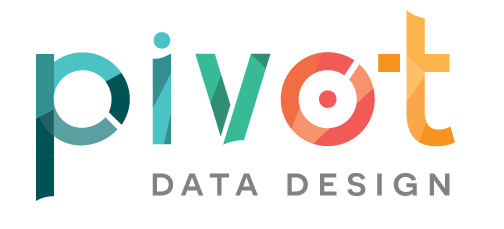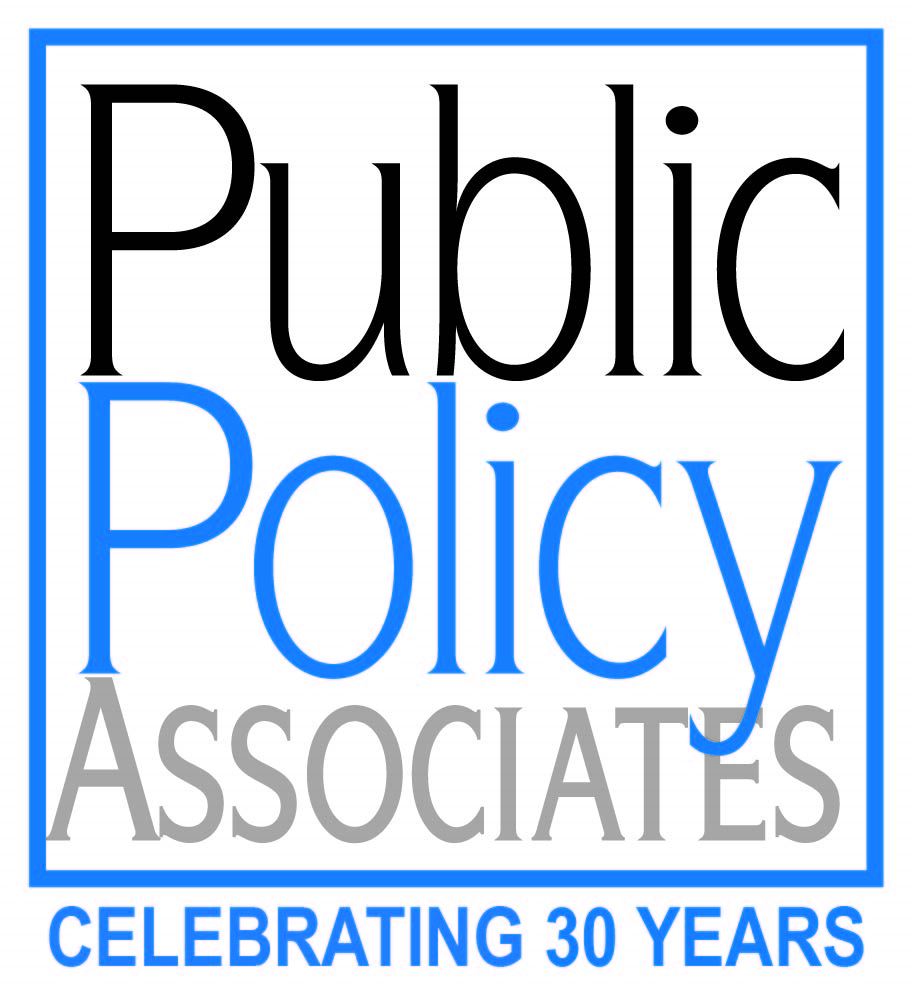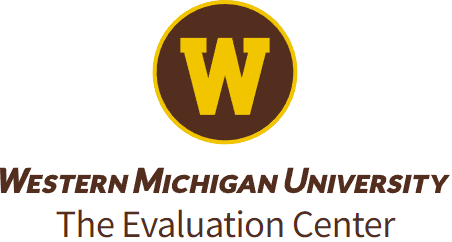Our 28th annual conference was a success! Thank you to our sponsors and the Michigan evaluation community for your support!
Nicky Bowman served as the keynote speaker and Kylie Hutchinson as the plenary speaker for the 2023 conference. The theme for this year's conference was Evaluation with the People Not For People
Date: May 12th-13th, 2023
Location: In-person
Conference Sessions
Thursday
Pre-Conference Workshop
Kolby Gadd, Introduction to data management, analysis, and reporting in R
Friday
Keynote: Nicky Bowman, Awakening and Remembering Kinship in Evaluation: A Seven Directions Framework for Doing Evaluation “With and For” Communities, Not Extractively “On” Them
Description: The field of evaluation is being challenged to utilize processes that consider who is being evaluated and who is conducting the evaluation. MPHI has developed a framework for strategic engagement in service of a culturally responsive, racially equitable evaluation (CRREE). Using this framework can transform evaluations. Critical and substantive nuances are often missed, ignored, or misinterpreted when an evaluator is unaware of the culture of those being evaluated. CRREE can be utilized to undo racism and oppression previously upheld by researchers, evaluators, institutions, and systems.
Session A: Jodie A. Galosy, Ph.D., Visualizing Community: Using Social Network Analysis In Evaluation
Description:
- Describe the basic elements of social network analysis
- Illustrate how social network analysis is an effective way to evaluate group cohesion
- Provide examples of how social network analysis can be leveraged for program planning and improvemen
Session B: Valerie Marshall, Jan K. Fields, Working With Community Organizations to Address Evaluation Gaps & Issues
Description:
- Gain knowledge and familiarity with quality frameworks and how they can be used as evaluation tools that engage stakeholders and surface values.
- Highlight facilitators for connecting with various interdisciplinary networks to disseminate evaluation findings and raise awareness about issues important to communities.
- Identify ways to work with communities to address limitations in the research and evaluation literature.
Session C: Felecia Bennett-Clark, M.A., Community Learning Partnership: Telling Stories of Institutional Transformation Using Fishbowl Discussions
Description:
- Identify and share the utility of fishbowl discussions as part of the planning process for developing tools in support of transforming institutions
- Display the importance of fishbowl discussions in promoting student voices and fostering collaborative discussions.
- Highlight a case study of how fishbowl discussions are being used in program planning and in evaluating the work of the community learning partnership and capturing the stories of students and faculty.
Session D: Jennifer Marsack, MSW, Equitable Data Storytelling
Description:
- Participants will learn to frame data findings in ways that identify equitable solutions
- Participants will learn audience mapping techniques that will allow them to develop responsive data communication products for their audiences
- Participants will learn to illuminate root causes and the role of systems and historical structures in individual & community contexts
Session E: Nathan Browning and Myla Jackson, Diving Into The Deep: Youth-Led Evaluation Design for GROWTH
Description:
- Participants will see what it truly means to put equitable evaluation into action.
- Participants will gain insight into how practicing equitable evaluation can improve their findings.
- Participants will see an example of how equitable evaluation can alleviate cultural barriers to evaluation.
Session F: Jaime Hoffman and Bridget Herrmann, Centering Humanity: Demographic Data Collection to Advance Equity
Description:
- Participants identify new concepts/approaches to equitably collecting demographic data which may support their organization’s advancement of diversity, equity and inclusion.
- Participants have “line of sight” on potential headwinds encountered and opportunities to capitalize on in advancing this work.
- Participants connect with another conference participant may serve as a “thought partner” in this work.
Session G: R. Sam Larson, Partners at Every Stage: An Implementation Evaluation of Project ECHO
Description:
- Identify dialectics or tensions in how to work “with” community at each stage of an evaluation so that a balance is achieved between engagement and bandwidth; inclusion and timeliness.
- Compare and contrast the difference in community collaboration decisions and activities during the lifecycle of a multi-year, multi-site evaluation.
- Develop strategies to maximize benefits and minimize challenges in designing an evaluation with people and not for people.
Session H: Mary Gladstone-Highland and Christina Wichert, Evaluation Foundations for Program Development Case Study
Description:
- Participants will understand the importance of laying a strong foundation of evaluation from the beginning of a program's launch.
- Participants will learn the value of incorporating their client's expertise into the evaluation metrics.
- Participants will learn how to use the early evaluative data to successfully scale programs.
Session I: Danielle Lenz and Rahni Cason, Connecting communities to build jail-based opioid use disorder treatment programs
Description:
- Session participants will be able to describe the Opioid Treatment Ecosystem and its purpose.
- Session participants will understand the importance of engaging community partners in the creation of comprehensive treatment programs.
- Session participants will engage in discussions surrounding the advantages and barriers of individualized evaluation structured to meet community specific needs.
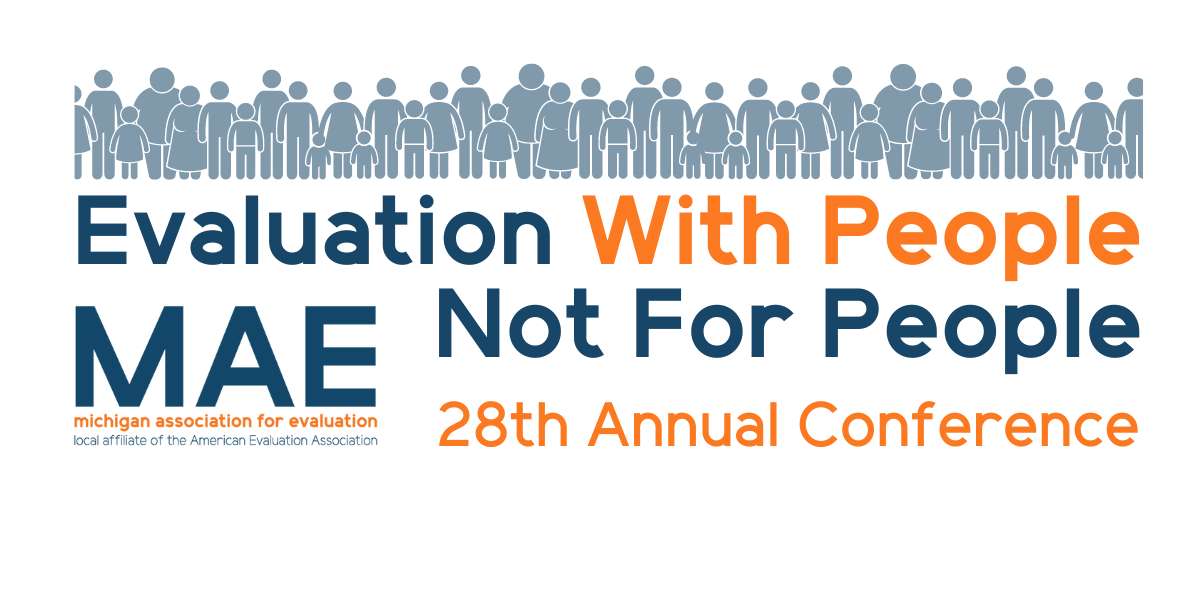
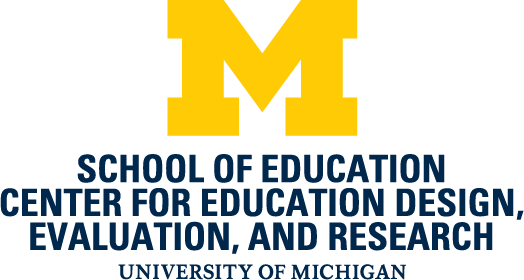

.png)
